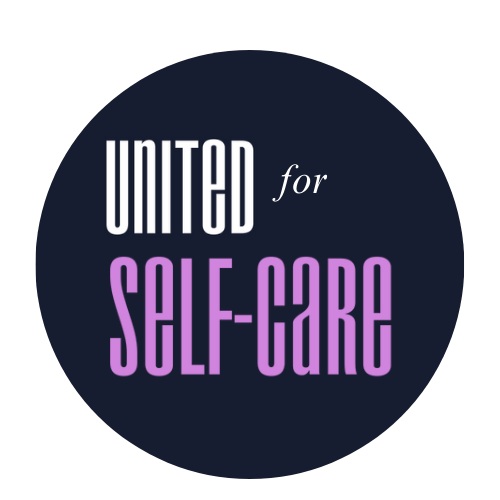Originally published on Devex, this open letter urges U.N. member states to recognize self-care as a vital, underused strategy in the global fight against noncommunicable diseases and to embed it in the 2025 political declaration on NCDs and mental health.
Ahead of the Fourth High-Level Meeting of the United Nations General Assembly on the Prevention and Control of Noncommunicable Diseases, or NCDs, and the Promotion of Mental Health and Well-Being in September 2025, we, the United for Self-Care Coalition — a global alliance of civil society organizations, researchers, advocates, and industry — urge you to recognize a foundational element in the global response to NCDs: self-care.
NCDs are the leading cause of death globally, 73% of which are in low- and middle-income countries. Billions are affected by conditions such as cancers, and cardiovascular diseases such as hypertension, respiratory diseases, and diabetes, yet despite their burden, NCDs remain critically underfunded, receiving less than 2% of official development assistance in health.
Self-care is defined by the World Health Organization as “the ability of individuals, families and communities to promote health, prevent disease, maintain health, and cope with illness and disability with or without the support of a health worker.” Beyond well-known practices such as good diet and keeping fit, self-care health tools play a major role in improving human health. These tools include everyday preventative measures like daily oral health care, application of protective sun creams, and smoking cessation aids. Self-care also involves actively managing symptoms of chronic and acute diseases — for example, by monitoring blood glucose or blood pressure levels and responsibly using nonprescription products to address sporadic ailments when necessary.
In spite of its importance in the global fight against NCDs, however, self-care is often overlooked.
For this reason, we call on U.N. member states to include the following three actions in the 2025 political declaration on NCDs and mental health:
1. Affirm the importance of self-care as a core strategy to reduce the global burden of NCDs and integrate it into national health policies and universal health coverage, or UHC, frameworks.
We urge member states to formally recognize self-care as a critical pillar of NCD prevention and control. Self-care enables individuals to proactively maintain their health, prevent disease, and manage chronic conditions. Many countries are already leveraging self-care interventions to ease pressure on overstretched primary health care systems and advance UHC. We ask you to scale this significantly. Self-care and health literacy should be foundational elements of national health guidelines.
2. Explicitly recognize the bidirectional link between self-care and the reduction, prevention, and management of NCDs.
The relationship between self-care and NCDs is deeply interwoven. Self-care extends across a range of lifestyle elements from health literacy, mental well-being, physical activity, healthy eating, risk avoidance, hygiene, and the responsible use of digital health tools and quality nonprescription medicines. Building self-care into national policy and programs will reduce NCDs, improve disease management, and enhance quality of life.
3. Acknowledge the vital role of self-care in empowering individuals to manage their health, improving health outcomes, and enhancing the capacity of health systems.
Empowering individuals to care for their health strengthens autonomy, boosts health literacy, and builds more resilient communities. When people feel supported in the management of their conditions — through access to self-care products, information, or nurturing environments — they experience better health outcomes, thereby reducing the pressure on health systems.
The inclusion of self-care in the 2025 political declaration will be a powerful signal that the global community is serious about NCD prevention and control.
Now is the time to embed self-care into political commitments, ensuring that people worldwide have the knowledge, tools, products, and support needed to take charge of their health.
Yours,
The United for Self-Care Coalition
Signatories:
Australian Self-Care Alliance
Barts and The London School of Medicine and Dentistry
Cardiff University
Clinton Health Access Initiative (CHAI)
EU-ASEAN Business Council
Global Coalition on Aging (GCOA)
Global Self-Care Federation (GSCF)
International Alliance of Patients’ Organizations (IAPO)
International Confederation of Midwives (ICM)
International Council of Nurses (ICN)
International Federation on Ageing (IFA)
International Pharmaceutical Federation (FIP)
International Self-Care Foundation (ISF)
Organisation Pan-Africaine de Lutte Contre le SIDA (OPALS)
Osteopathic International Alliance
PATH
Pathfinder
Self-Care Academic Research Unit (SCARU) – Department of Primary Care & Public Health,
Imperial College London
Self-Care Forum
Self-Care Trailblazer Group (SCTG)
Universidade Federal de São Paulo (UNIFESP)
University of Technology Sydney (UTS)
World Patients Alliance

